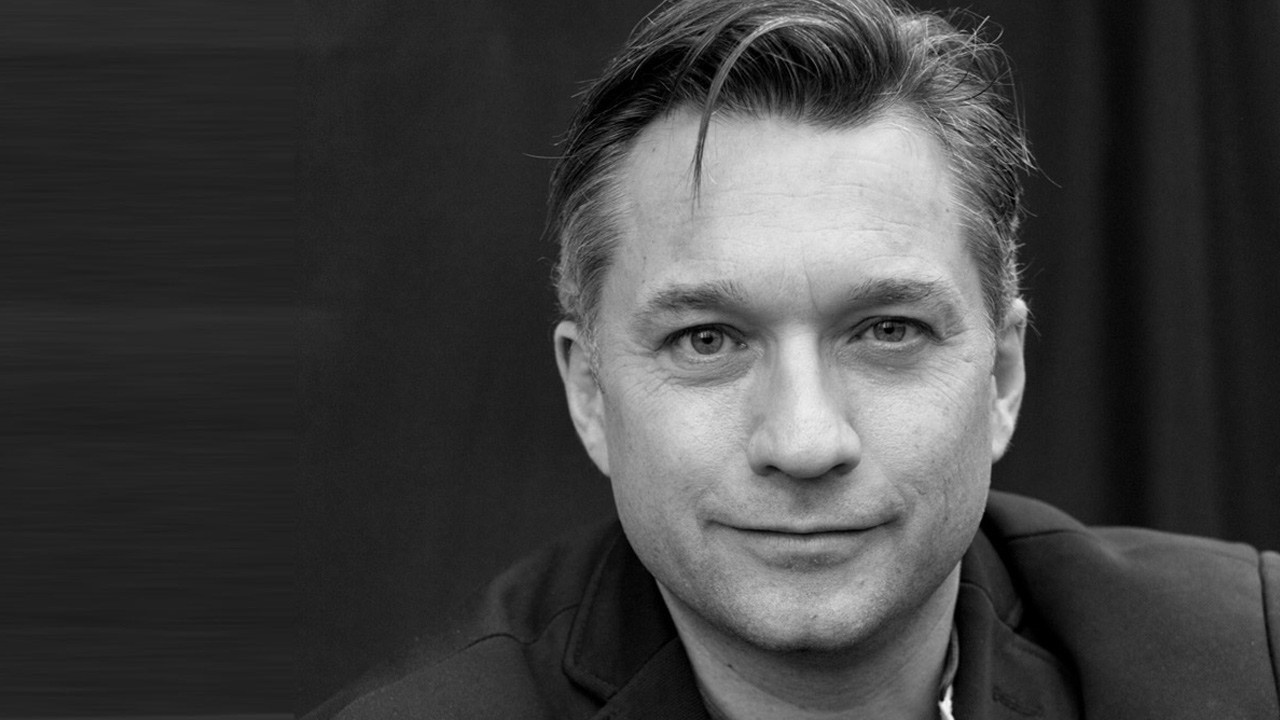
"The Power of Metaphor: An Organisational Analysis' with Dr Richard Claydon
Is an organisation a machine? A culture? A brain? An organism? Something more radical? Or a combination of the above?
In the 1970s, the way we had always thought about organisations fell apart. Quality disintegrated. Conditions collapsed. Furious workers went on strike. The US economy went into meltdown. Something was required to glue things back together.
There was a call for organisations to become more humanistic and democratic. Thinkers responded. New ways of imagining organisations flourished. New narratives emerged. The late 70s saw the rise of organisational culture and transformational leadership. Ideas, metaphors and narratives that are still with us today.
But did they really replace the embedded ways of thinking about organisations that caused all those problems? And have they become problematic in themselves?
In this Drinking Dialogue, we will look at the role images and metaphors play in sensemaking and narrative.
Images: For Peter Senge, “"mental models are deeply ingrained assumptions, generalizations, or even pictures or images that influence how we understand the world and how we take action."
Metaphors: In Images of Organization, Gareth Morgan writes “different metaphors can constitute and capture the nature of organizational life in different ways, each generating powerful, distinctive, but essentially partial kinds of insight.”
Supposedly, images and metaphors set you free. Help you see more complex patterns of reality. Enable better problem solving. But do they?
We will look at:
- The mechanics of metaphor - how they create images of reality
- The liberating power of metaphors - how they can help you see problems from a different perspective
- The fatal folly of metaphors - how they can also become distortions, as the way of seeing through a metaphor becomes a way of not seeing
Dr Richard Claydon is the co-founder of EQ Lab, and the designer of the Future of Leadership module at Macquarie Business School’s Global MBA Program (ranked #6 globally by CEO Magazine).
He was awarded the highest achievable marks for a Ph.D in behavioural science. A Harvard Top-200 Management expert and business columnists for the Guardian newspaper have described this research as “a touchstone for the future work in management and organisation”, “outstanding in daring imagination” and “at the forefront of modern discussion and debate.”
Richard is a tier one tennis player, have coached tennis professionally, and also designed the tactics creator for the multi award-winning and world-leading management simulation, Football Manager.
Session expired | View our schedule

